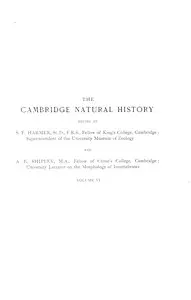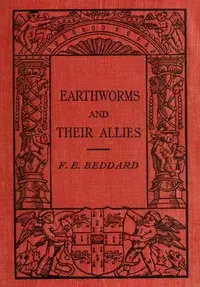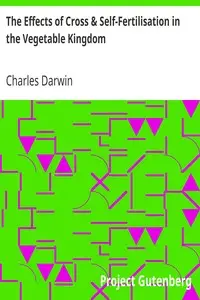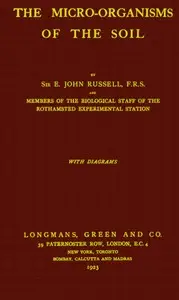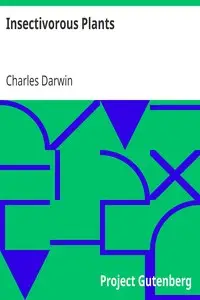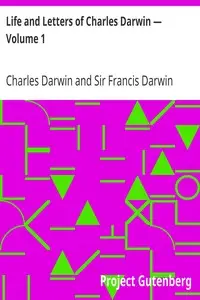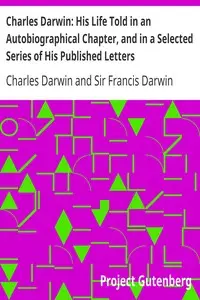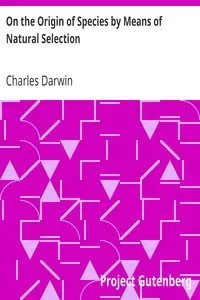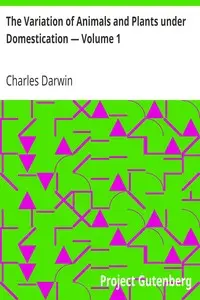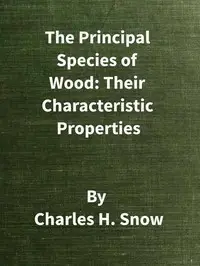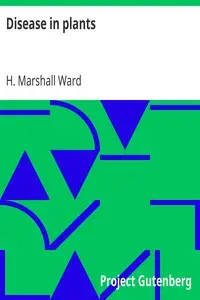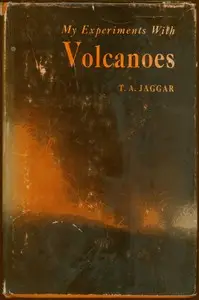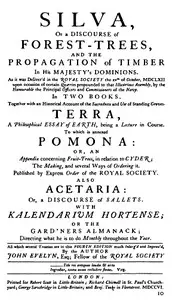"The Formation of Vegetable Mould Through the Action of Worms" by Charles Darwin is a scientific exploration from the 1800s revealing the surprising influence of earthworms in shaping soil and nurturing plant life. Darwin shines a light on how these creatures, often overlooked, are nature's gardeners, enriching the earth and fostering growth. Through experiments and detailed observations, he uncovers the secret lives of worms, from how they eat to how they build their homes, and their continuous work to enrich the soil. What begins as a seemingly small topic transforms into an appreciation of earthworms' big role in maintaining healthy ecosystems and successful farming.
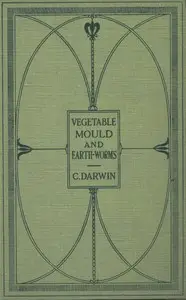
The Formation of Vegetable Mould Through the Action of Worms With Observations on Their Habits
By Charles Darwin
Uncover the hidden world of earthworms and their surprising ability to transform soil, revealing nature's tiniest landscapers at work.
Summary
About the AuthorCharles Robert Darwin was an English naturalist, geologist, and biologist, widely known for his contributions to evolutionary biology. His proposition that all species of life have descended from a common ancestor is now generally accepted and considered a fundamental scientific concept. In a joint publication with Alfred Russel Wallace, he introduced his scientific theory that this branching pattern of evolution resulted from a process he called natural selection, in which the struggle for existence has a similar effect to the artificial selection involved in selective breeding. Darwin has been described as one of the most influential figures in human history and was honoured by burial in Westminster Abbey.
Charles Robert Darwin was an English naturalist, geologist, and biologist, widely known for his contributions to evolutionary biology. His proposition that all species of life have descended from a common ancestor is now generally accepted and considered a fundamental scientific concept. In a joint publication with Alfred Russel Wallace, he introduced his scientific theory that this branching pattern of evolution resulted from a process he called natural selection, in which the struggle for existence has a similar effect to the artificial selection involved in selective breeding. Darwin has been described as one of the most influential figures in human history and was honoured by burial in Westminster Abbey.


